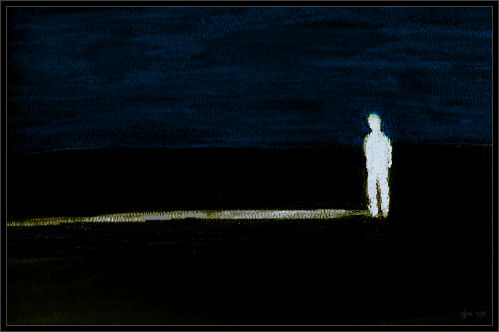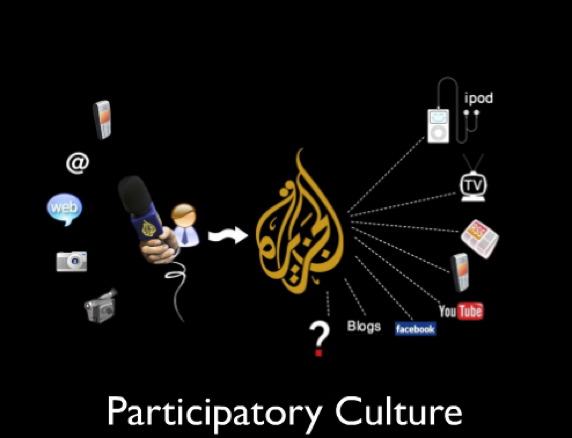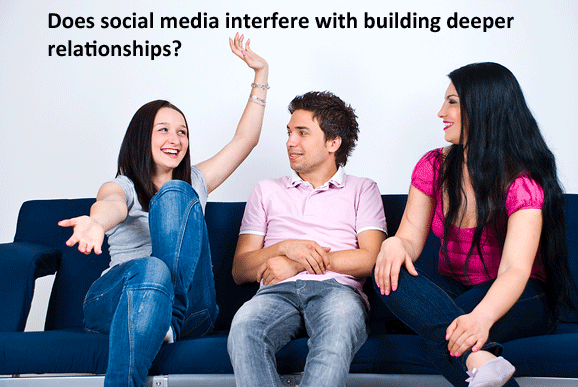Deresiewicz argues that the contemporary self wants to be recognized, that we become real to ourselves by being seen by others. Technology is taking away our privacy and concentration. Most younger people view the idea of being alone as uncomfortable. I know when I'm all by myself for a long period of time I'll text some friends to feel less alone. The internet has allowed isolated people to be connected. With the loss of solitude the author argues that we lose introspection. I disagree. I examine myself daily, often when I am laying in bed at night. The author says solitude isn't easy but I think it is easy to be alone if you want to be. The last thing he says is solitude isn't polite. I will agree with this. If your off sitting by yourself or staying home on the weekends people will start to wonder why your not friendly. It may not have anything to do with friendliness but rather a personal preference for being alone.
Discussion Questions:
1. With less solitude and less introspection, what do we lose from that?
2. Does being alone make you uncomfortable? or is it nice at times?
The Chronicle review of the article
psychology article about the end of solitude
Discussion Questions:
1. With less solitude and less introspection, what do we lose from that?
2. Does being alone make you uncomfortable? or is it nice at times?
The Chronicle review of the article
psychology article about the end of solitude



 RSS Feed
RSS Feed